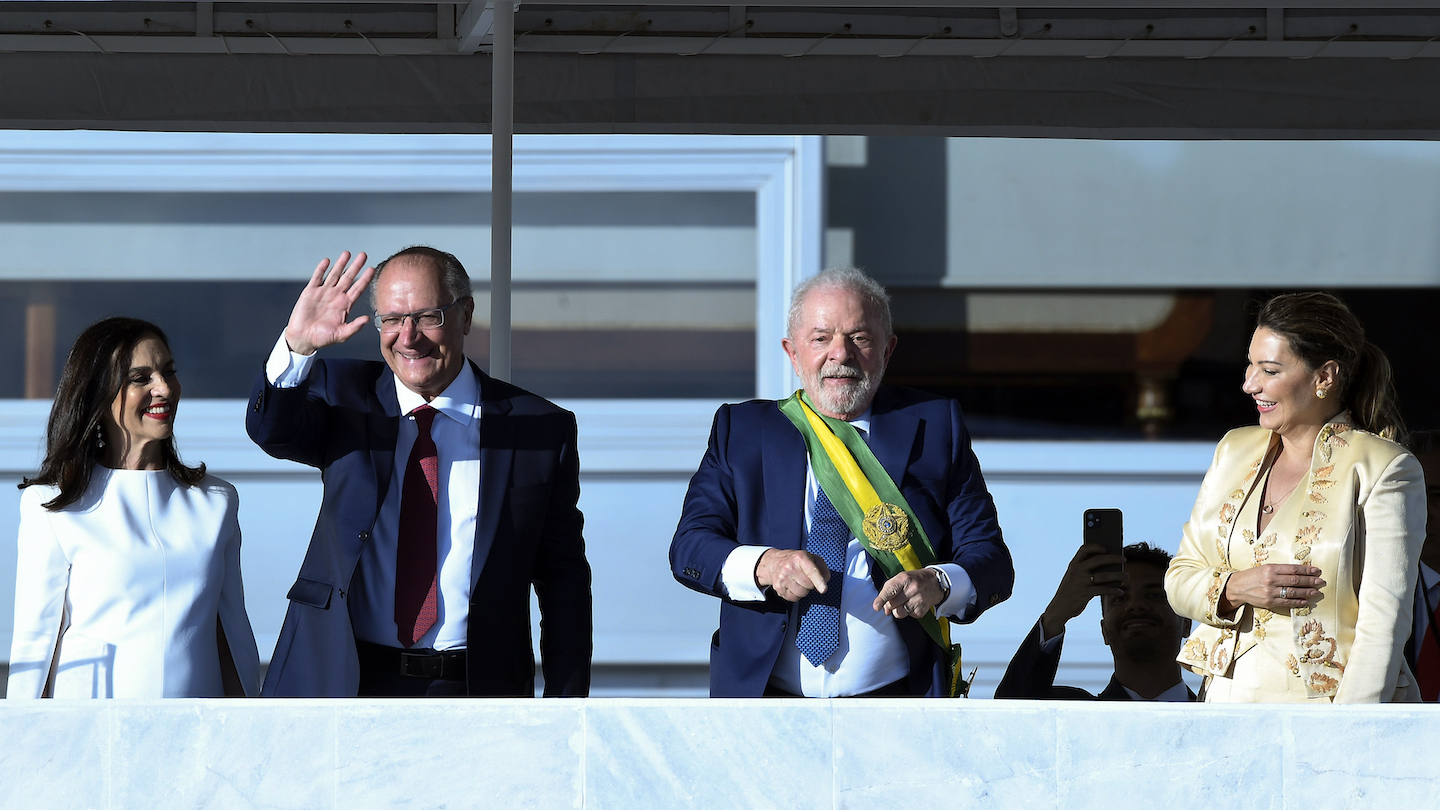The recent inauguration of Brazilian President Inácio Lula Da Silva marked a major turning point in Brazil’s efforts to protect women’s rights and human rights in general. His predecessor Jair Bolsonaro implemented damaging policies in the areas of public security, the environment, and the rights of women, the LGBTQI+ population and indigenous peoples.
One week after President Lula was sworn into office earlier this month, supporters of far-right former president Bolsonaro stormed parliament in Brasilia, breaking into government buildings, to conduct acts of vandalism and violence. Pro-democracy rallies were held across Brazil the following day.
Senior Program Manager of Vital Voices’ Issue Advocacy team Patricia Elisa Rivera has worked extensively in Brazil and across Latin America and explains below how these recent events are impacting the rights and roles of women in Brazil.
Is Lula’s government a plus for gender equality and women’s rights in Brazil?
Lula is a strong proponent of policies that prevent violence against women. He supports pay equity, LGBTQI+ rights and, more broadly, recognizes diversity across Brazilian society. In addition, Lula has favored polices on indigenous land rights and deforestation, which have a direct impact on Brazilian women, in particular. What’s more, Brazil has the greatest number of transgender and queer people killed in the world. So, overall, his election has created significant optimism for women’s rights, gender equity, and the rights of humanity.
What strides in terms of women’s rights has the Lula Administration made since winning the election?
Eleven women, five blacks, and two indigenous ministers were appointed to the Lula cabinet—a significant contrast to the previous administration. Lulu has also pledged to reinstate the Ministry of Women, merged into another ministry during Bolsonaro’s administration. He has also promised to strengthen institutional support to survivors of gender-based violence. One question mark is reproductive rights: Lula stated multiple times during his campaign that he opposed abortion. However, he is likely to strengthen the public health system, improving access to sexual and reproductive health.
How will the recent riots and attacks on the Brazilian capital impact the Lula government?
Lula inherited leadership of a deeply divided nation, and these divisions were on display during the recent unrest. These divisions are political, as well as a reflection of the country’s historical struggles with class, race, gender. There is a lack of trust—on many sides—in the government’s ability to address these issues. Inflation is at its highest in Brazil, and unemployment and food insecurity have increased amongst the backdrop of deeper entrenched issues that affect Brazilian citizens.
Will the riots impact the Lula Administration’s ability to support women’s rights?
The riots were tragic and unfortunate, but they were also a reminder that the struggle for women’s rights is ongoing. There are important signs of progress. Protests organized condemning the attack on Brazilian state institutions emphasize the resiliency of the Brazilian people, their desire to maintain democratic processes, and their unwillingness to “abrir mão” or give up the democracy they fought so hard to achieve. That should continue to be seen as a positive sign for the Lula agenda, and women’s rights more broadly.
